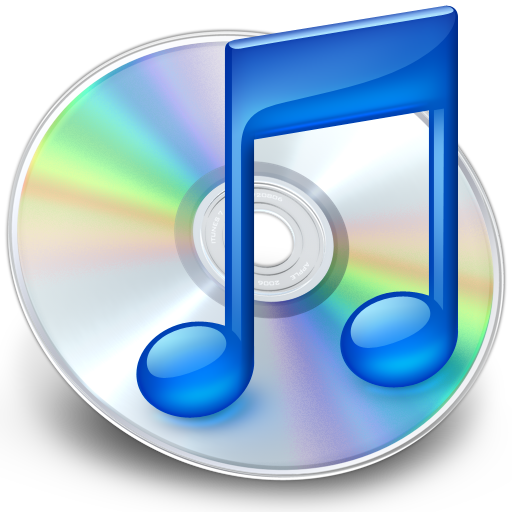One of the great things about having a smart phone is that you can listen to your favourite audio (music, podcasts, audio books) wherever you are. I find that listening to podcasts and audio books in the car helps to shorten a long road trip. Since I have Windows computers and Android devices, this article will be focused on these systems.
Every computer from Windows 98 up had a music folder ("My Music" and later "Music") for audio files. Before Vista, the music folder was contained within the "My Documents" folder. Podcasts are obtained from online sources and you generally have control over how these files are organized in your computer's music folder.

A popular way of obtaining audio files is through Apple iTunes. Besides accessing the iTunes store, iTunes is also a music manager for your music library. You can use it to rip CDs, edit song information, play music, and synchronize (sync) it with your Apple mobile device (iPod, iPhone, iPad, etc). By default, iTunes rips music into Apple's AAC audio format but MP3 format may be selected as well. However, podcasts are provided in MP3 format and often with a bit-rate of 128 kbit/s. See Audio File Format and Bit Rate.
Although iTunes is not useful to me because of its inability to sync my PC music library with my Android phone, many podcasts (including CBC podcasts) are only available through iTunes so I have an iTunes account for this one reason.
There are a variety of PC audio player software (music managers) available and I use MusicBee. Another popular music manager is Media Monkey and I probably picked Music Bee over Media Monkey originally because it had some better features at the time. It doesn't matter how you organize your audio files on your computer, your music manager should be able to locate and manage them. Within my Music folder, iTunes and MusicBee create their own folder structures for organizing the files they download or use. My PC has the following Music subfolders:
- Audio Books
- iTunes (created by iTunes)
- Music
- MusicBee (created by MusicBee)
- My Albums (holdover from Windows)
- My Playlists (holdover from Windows)
- Podcasts
Within the Music subfolder (ie, \Music\Music\), I organize my music by artist and, within the artist folder, by album). Within the Music subfolder, I also have folders for online sources (eg, YouTube). I let iTunes manage my CBC podcast subscriptions and I put other individual podcasts in the \Music\Podcasts\ folder. Periodically, I'll get MusicBee to rescan my music library for new files.
MusicBee allows you to upload your audio files to any folder and structure you like on your mobile device. By default, media file structure you looks like this:
| Item |
Path & Structure |
| Storage Path | Portable Device\SD Card |
| Music Files | Music\<Album Artist>\<Album>\<Disc-Track#> - <Title> |
| Audiobook Files | Audiobooks\<Album> - <Artist>\<Disc-Track#> <Title> |
| Video Files | Video\<Album>\<Title> |
| Podcast Files | Podcasts\<Publisher>\<Title> (default) Podcasts\<Artist>\<Title> (customized) |
You may have to manually edit the MP3 file tags because some podcasters are inconsistent with their tagging. I've changed MusicBee's mobile device path structure from "Publisher" to "Artist" because CBC leaves the Publisher tag blank and instead puts the program information in the Artist tag.
However, many music player apps (like Google Play Music) scan the entire device's storage for music files and lump them all within the phone's music library. Depending upon how the podcast publisher creates tags for each podcast file, your podcasts can easily appear as a music artist. This means that, if you're not using a playlist, your podcasts will be included with the music tracks.
Many podcasts can be obtained directly through the music player app (like Google Play Music) or through podcast apps. Play Music has a Podcasts feature but it doesn't recognize the audio files in the device's Podcasts folder.
If you have podcasts that you sync from your PC to your mobile device, look for an Android app that can configured to find your Podcasts folder. Ideally, the audio file player should have the capability to allow you specify where to find these files on your device. At this time, I'm using Rocket Player : Music Player.
While checking the Google Play store, I see that there is an Android Media Monkey app, which appears to sync the mobile device with the corresponding Windows Media Monkey app. I haven't tried this yet but it looks this might be a better setup.
